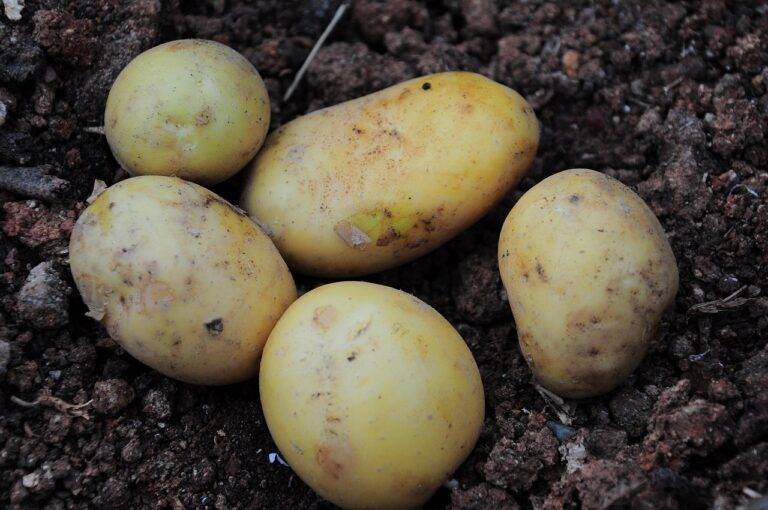The Benefits of Community Supported Agriculture (CSA): Supporting Local Farms for Fresh Produce
Supporting local farmers not only allows you to enjoy fresh and nutritious produce but also fosters a sense of community connection. By purchasing directly from local farmers, you can access seasonal fruits and vegetables that are grown and harvested at the peak of their flavor. This not only enhances the taste of your meals but also provides you with a higher nutrient content in your food.
Furthermore, supporting local farmers helps to boost the local economy by keeping money within the community and supporting small businesses. When you buy from local farmers, you are investing in sustainable agriculture practices and promoting biodiversity in the region. Additionally, by reducing the need for long-distance transportation of produce, supporting local farmers helps to lower carbon emissions and decrease the environmental impact of food production.
Increased Access to Fresh and Seasonal Produce
One of the key advantages of supporting local farmers is the increased access to fresh and seasonal produce. By purchasing directly from farmers, consumers can enjoy fruits, vegetables, and other products at their peak freshness. This direct connection allows for a shorter time between harvest and consumption, leading to produce that is not only more flavorful but also higher in nutritional value.
Furthermore, supporting local farmers provides a diverse selection of seasonal fruits and vegetables that may not be readily available in larger grocery stores. This access to a wider variety of produce encourages consumers to try new and different foods, expanding their culinary horizons and promoting a more varied and balanced diet. Whether it’s heirloom tomatoes in the summer or winter squash in the fall, consumers can enjoy a rotation of fresh, in-season produce by supporting their local farmers.
Supporting Sustainable Farming Practices
By choosing to support sustainable farming practices, individuals contribute to the preservation of the environment and natural resources. Sustainable farming aims to maintain soil fertility, preserve water quality, and protect biodiversity. This method of farming focuses on long-term solutions to maintain the health of the land, ensuring that future generations will have access to fertile soil for agriculture.
Additionally, supporting sustainable farming practices promotes the ethical treatment of animals and workers on farms. Farmers who prioritize sustainability typically employ ethical practices in the treatment of their livestock, ensuring that animals are well-cared for and their welfare is a top priority. By endorsing sustainable farming, consumers can feel confident that the food they are purchasing is produced under humane conditions that prioritize the well-being of both animals and farm workers.





